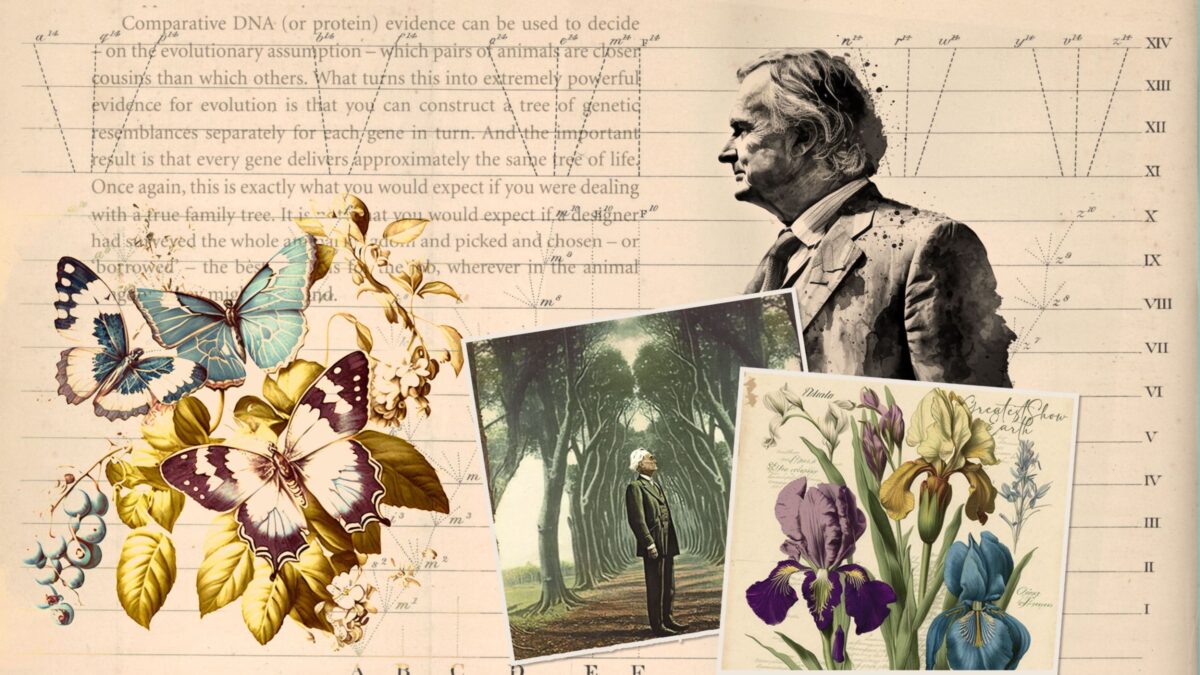
The Dawkins Test Returns an Answer: Intelligent Design
In 2009 atheist biologist Richard Dawkins offered a scientific test to decide between Darwinian evolution and intelligent design (ID). The results are in, and as guest Casey Luskin explains on this ID the Future, the evidence has broken strongly in favor of intelligent design. At the time Dawkins presented the test, he was confident that comparative DNA evidence supported Darwin’s tree of life and its idea of universal common ancestry. He made the point in his 2009 book The Greatest Show on Earth and in two interviews. As he put it, “The single most convincing fact or observation you could point to” in favor of Darwinian evolution over against ID “would be the pattern of resemblances that you see when you compare the genes … of any pair of animals you like … and then plot out the resemblances and they form a perfect hierarchy, a perfect family tree. And the only alternative to it being a family tree is that the intelligent designer deliberately set out to deceive us in the most underhanded and devious manner.” But fourteen years later the picture looks very different. Tune in as Casey Luskin details the various ways that the rapidly developing field of phylogenomics is uncovering data that powerfully fits the ID model of life’s history and strongly undermines the idea of universal common ancestry via mindless evolution. As Luskin says in a recent Evolution News article, “Now, years later, scientists have sequenced a great number of whole genomes. And as a consequence, they know that Dawkins was wrong. Every gene does not deliver ‘approximately the same tree of life.’… On its own terms, the Dawkins test for evolution has come up for ID.” So why haven’t evolutionary biologists given up on universal common ancestry? Luskin says that some have, while others reflexively invoke auxiliary hypotheses and employ question-begging computer models to generate tree-like ancestries in the face of contrary data. Luskin compares the behavior to astronomers who protected the dying geocentric model of the solar system by invoking “epicycles” to explain away contrary astronomical data. Better to let the Dawkins Test speak for itself, Luskin says. Listen in for the full story.

